The most important invention from every US state and DC
Your state's most impactful innovation
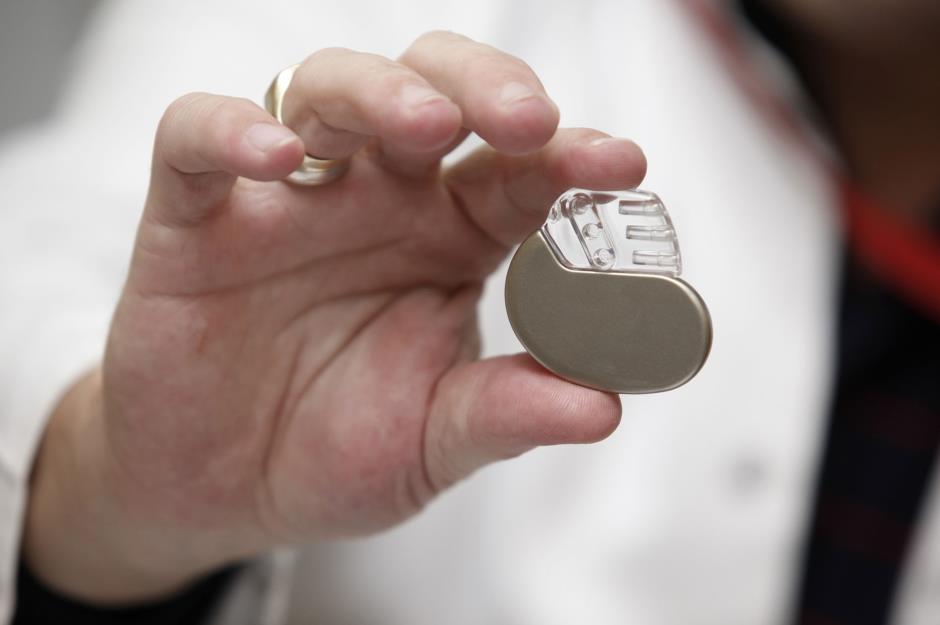
America is responsible for some of the world's most important and game-changing inventions. But which are the most significant to come out of each state?
Using information collated by MidAmerica Nazarene University in Kansas, discover the most impactful inventions that have emerged from each state and the District of Columbia.
Alabama: electric hearing aid
In 1895, Alabama engineer Miller Reese Hutchison created an electric hearing aid for one of his friends which he called the "Akouphone." The bulky tabletop device served as a prototype for the "Acousticon," a smaller, portable device that was released to the public seven years later.
Described as “a miracle” by the American press, the device would go on to transform the lives of hearing-impaired people the world over.
Alaska: kayak
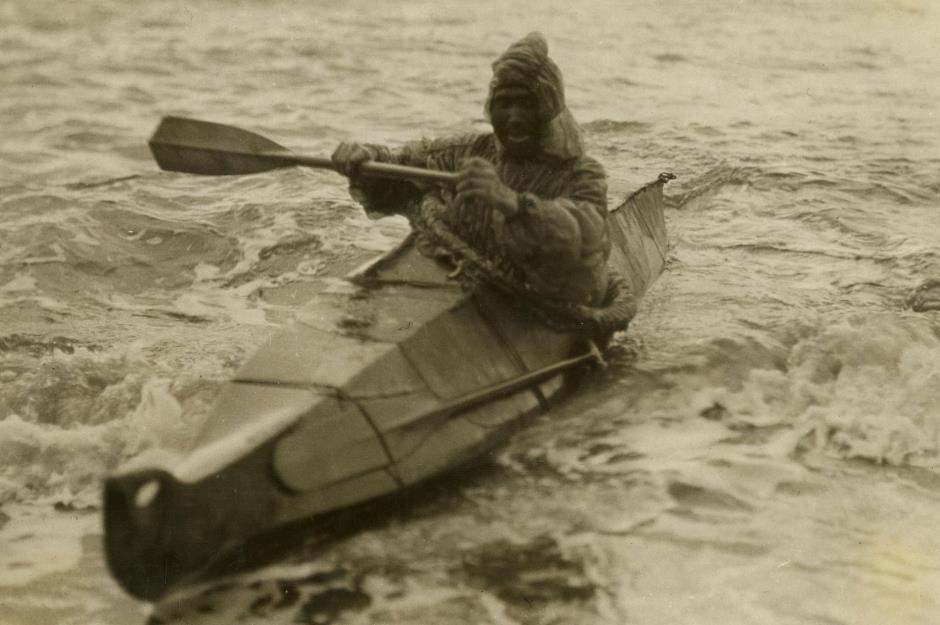
Thousands of years before Alaska was admitted into the union, the Aleut, Inuit, and Yupik peoples of the Arctic developed the kayak. They used it for hunting and transporting goods or passengers. The compact narrow boat remains the region's most enduring invention.
Sponsored Content
Arizona: taser
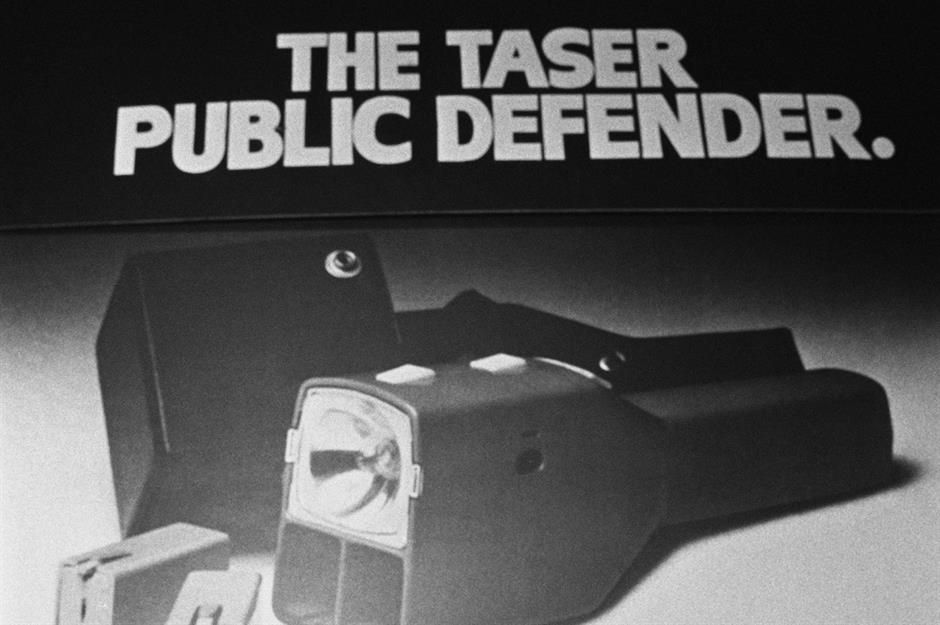
Scottsdale-based brothers Patrick and Thomas Smith created the first commercial taser in 1993, working with NASA engineer Jack Cover, who devised a prototype in 1969. The non-lethal weapon is estimated to have saved more than 75,000 lives.
Arkansas: sound cinema
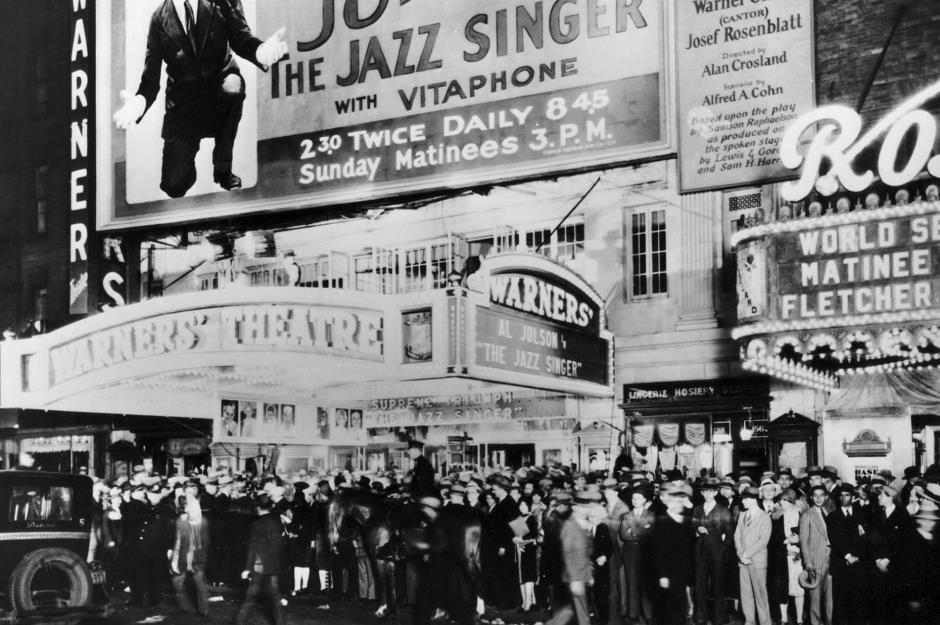
Arkansas-born cinematography pioneer Freeman Owens is credited with inventing the method of adding synchronized sound to film, filing a patent for his Phonofilm process in 1923. His innovation heralded the first talkie, The Jazz Singer, in 1927 and changed cinema forever
California: iPhone
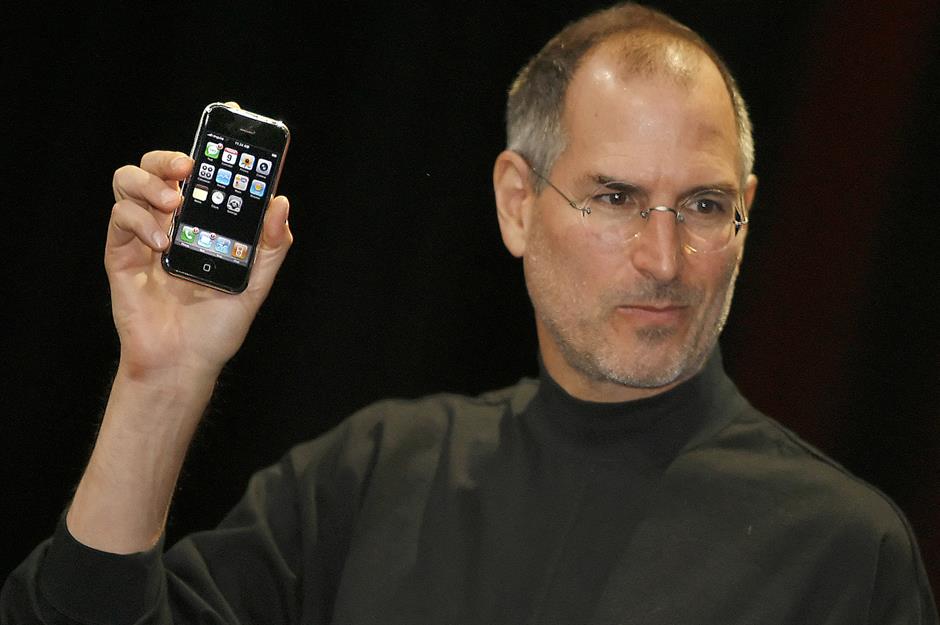
Plenty of important things have been invented in California, but Apple's iPhone has been deemed the state's most impactful innovation.
The game-changing smartphone was developed in Cupertino under the watchful eye of the late Steve Jobs from 2005 to 2007.
Sponsored Content
Colorado: tampon
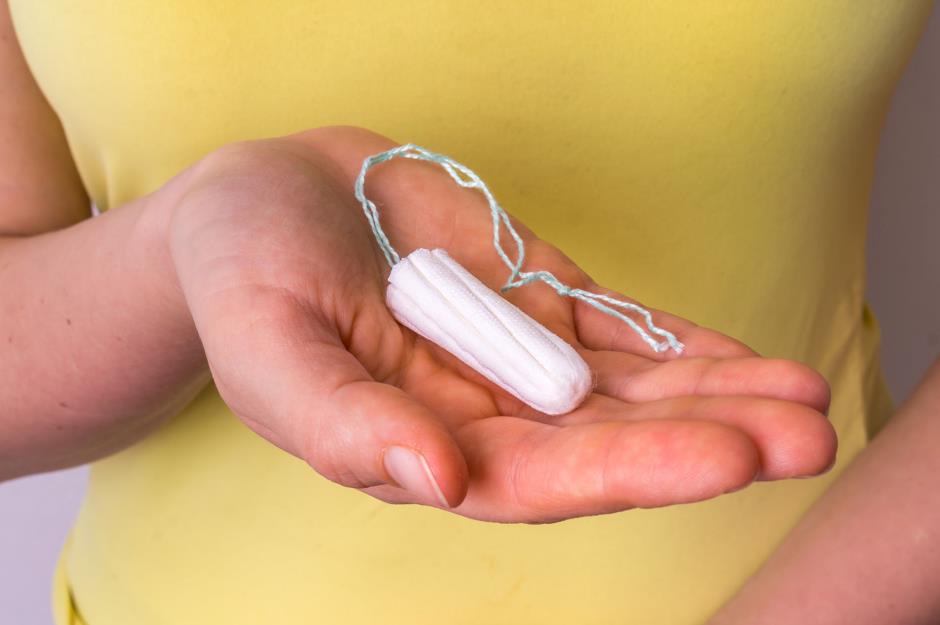
Women have been using improvised tampons for thousands of years – soft papyrus was the material of choice in ancient Egypt for instance – but the first modern tampon featuring a tube within a tube applicator was invented by Earle Hass in Denver in 1929.
Connecticut: vulcanised rubber
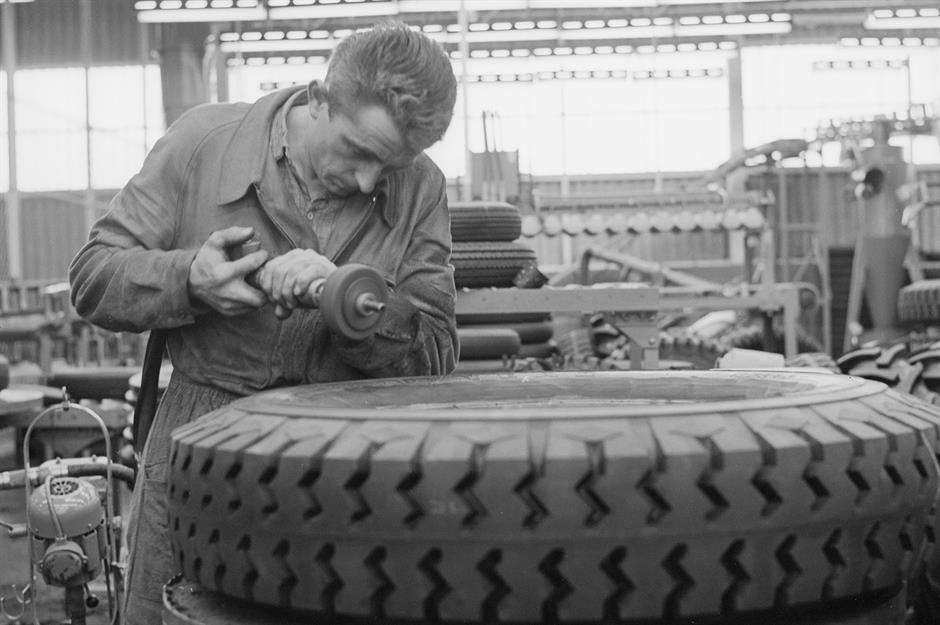
In 1845, Charles Goodyear perfected the vulcanization process in his factory in Naugatuck, Connecticut, inventing a type of rubber that could withstand heat and cold without cracking. This crucial innovation made the durable car tire possible in the latter half of the century.
Delaware: Kevlar
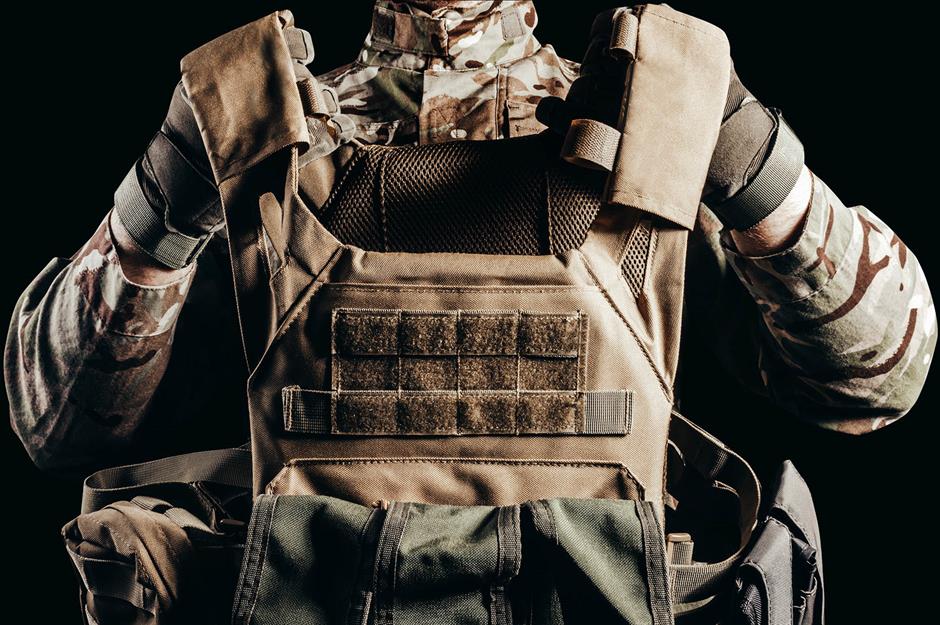
This extra-robust material was created by chemist Stephanie Kwolek in 1965 at the DuPont Experimental Station research and development facility in Wilmington. Today it's used in everything from body armor to sails.
Sponsored Content
District of Columbia: Morse code and telegraph
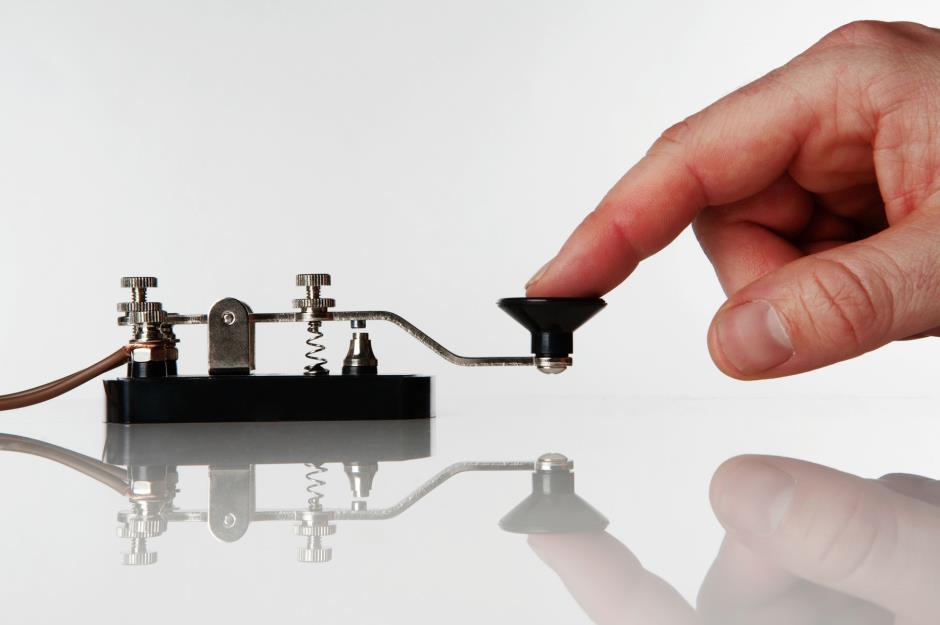
Samuel Morse and Alfred Vail developed American Morse code in Washington DC during the 1840s as a means of sending messages efficiently via their long-distance telegraph line, the world's first, which connected the US capital with Baltimore.
Florida: personal computer
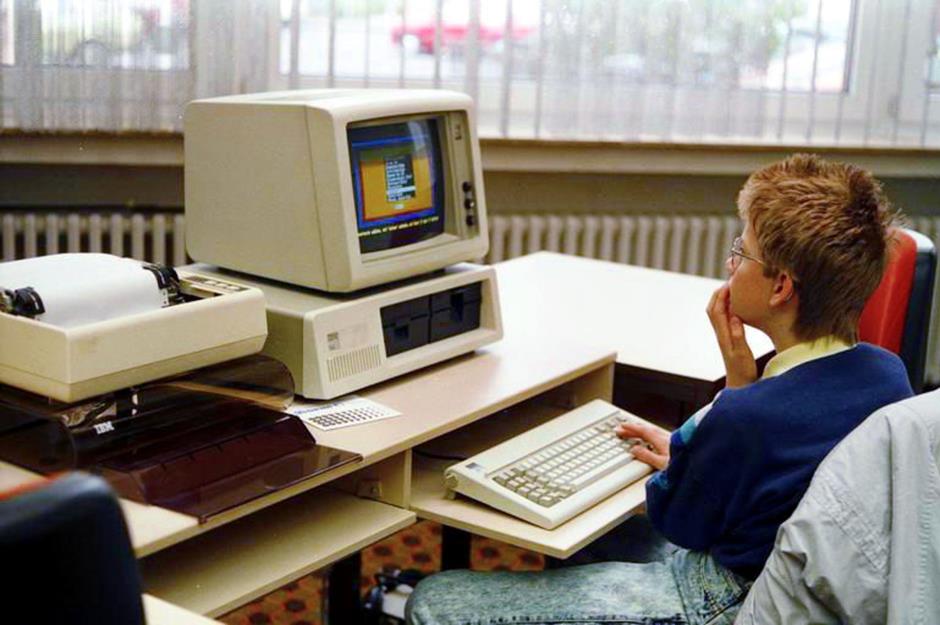
The first modern personal computer was engineered at IBM's Entry Systems Division in Boca Raton and launched to the buying public on August 12, 1981. A best-seller from the get-go, IBM's innovative device dominated the home computing market for the rest of the decade.
Georgia: cotton gin
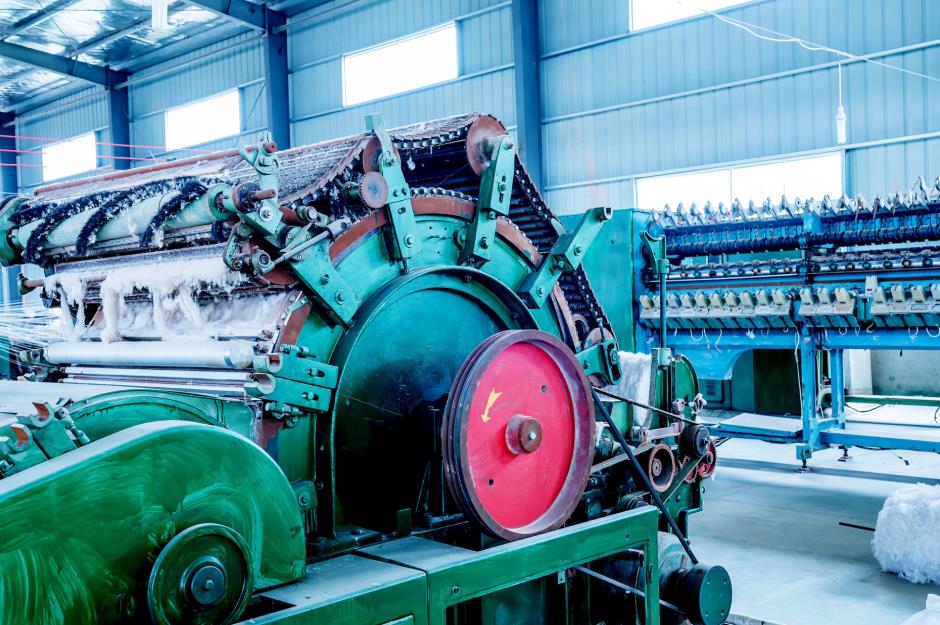
A simple invention from Georgia that had a profound impact on the Antebellum South, the cotton gin was patented in 1794 by Eli Whitney. The mechanical device, which separates cotton fibers from seeds, triggered a major cotton boom and contributed to the growth of enslaved labor as a result.
Sponsored Content
Hawaii: surfboard
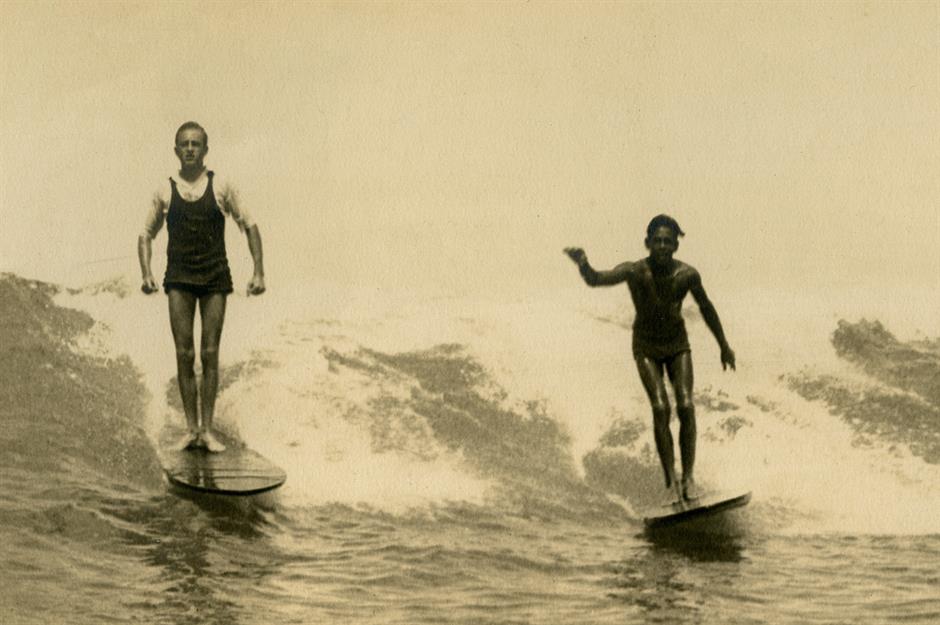
The Ancient Hawaiians revered the art of surfing and crafted intricately carved boards to ride the waves. These skills were passed down through generations. Hawaiian George Freeth (pictured on the left) is credited with popularising surfing in the rest of the USA during the 1910s.
Idaho: television
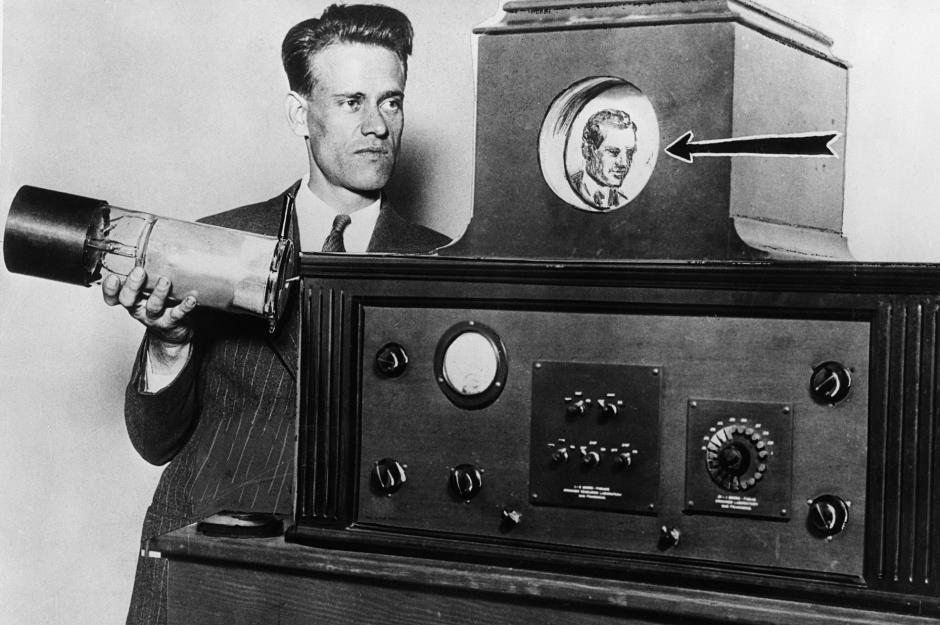
Although Scotsman John Logie Baird demonstrated the first mechanical television in 1926, Idaho innovator Philo Taylor Farnsworth invented the first fully electronic television the following year, ushering in the era of TV.
Illinois: mobile phone
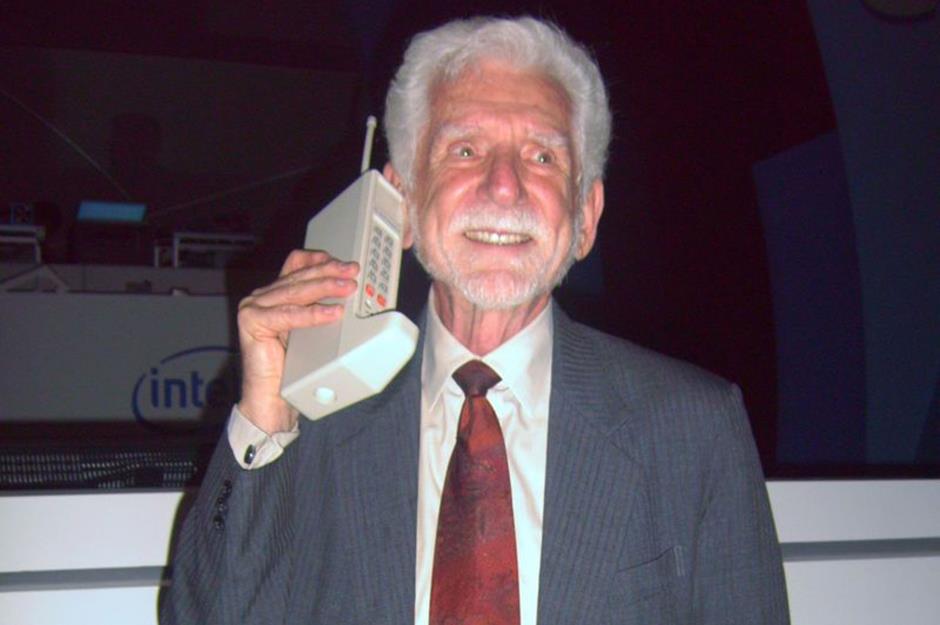
Engineer Martin Cooper developed the first handheld mobile phone in 1973 while working at Motorola in Schaumburg. Dubbed "the brick," the bulky device measured 10 inches and weighed a hefty 2.5 pounds.
Sponsored Content
Indiana: petrol pump

In 1885, the fabulously-named Sylvanus Freelove Bowser patented the first kerosene pump in Fort Wayne and launched the precursor to the modern petrol pump in 1905. His name still lives on Down Under, where fuel pumps are also known as "bowsers."
Iowa: petrol-powered tractor

A colossal 90% of Iowa's land is dedicated to farming, so it's only fitting that the petrol-powered tractor was invented in the state. John Froelich built the very first one in Clayton County back in 1892.
Kansas: helicopter
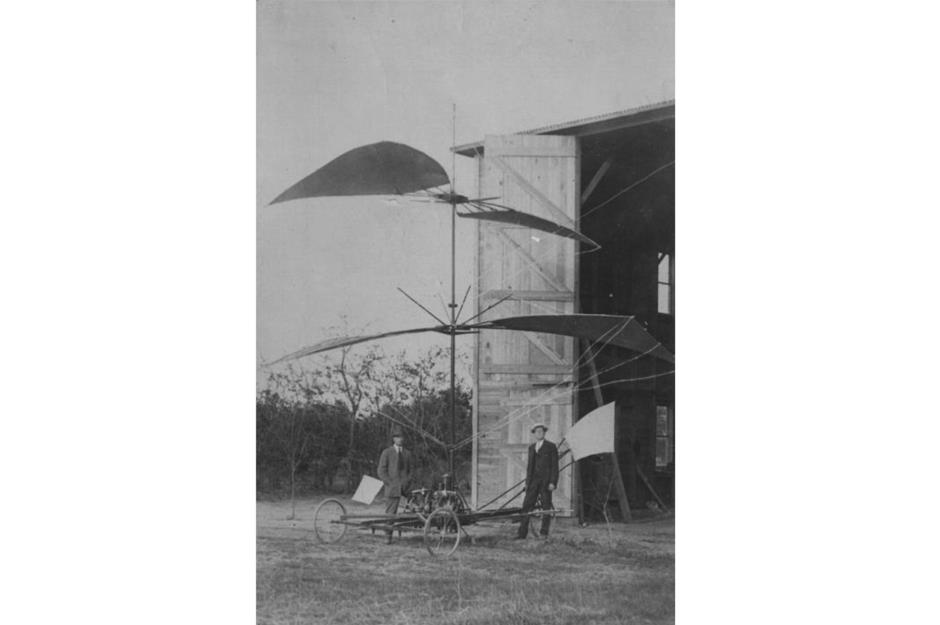
In 1913, aviation pioneers William Purvis and Charles Wilson were awarded a patent for the world's first helicopter, which they developed at an airfield in Goodland in north-west Kansas, and called the "rotary wing aircraft."
Sponsored Content
Kentucky: gas mask
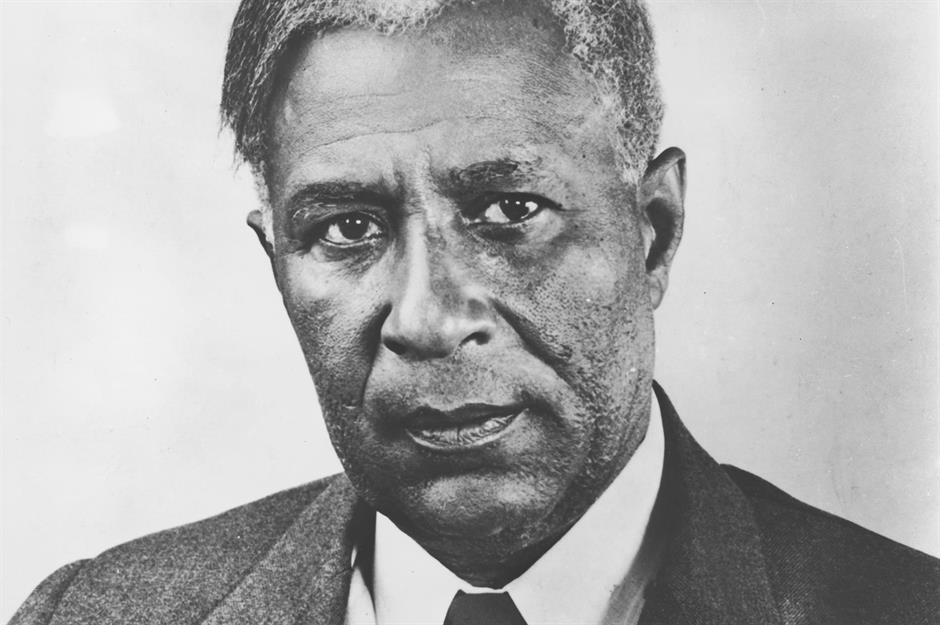
One of the most prominent African-American inventors in US history, Claysville-born innovator Garrett Morgan (pictured) created his safety hood in 1912, which is widely regarded as the first modern gas mask. By 1917, a tweaked version of Morgan's mask was standard equipment for US soldiers.
Louisiana: binocular microscope
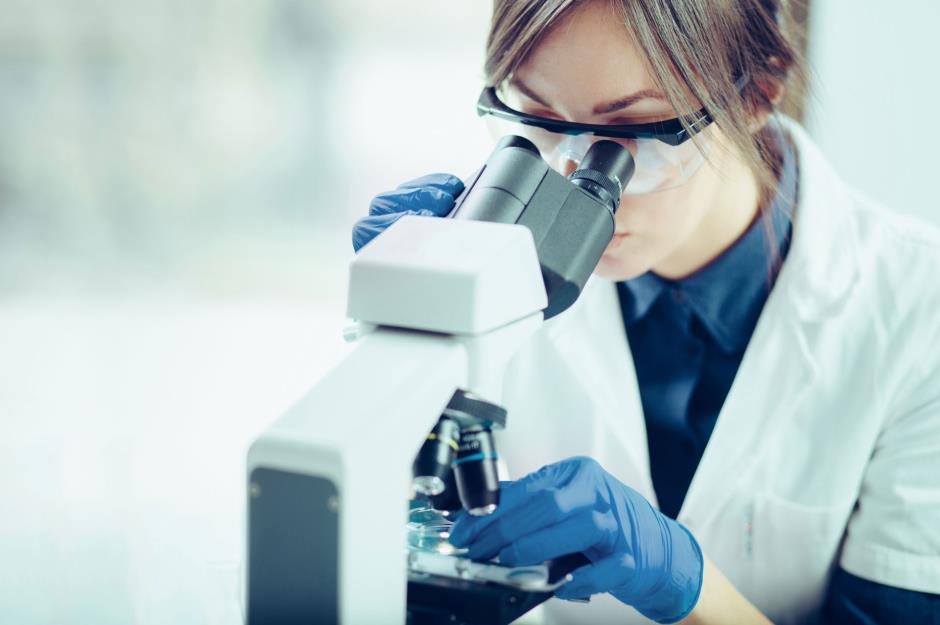
An inventor, botanist, geologist, politician, and science fiction author, the multitalented John Leonard Riddell developed the first binocular microscope at the Medical College of Louisiana in the middle of the 19th century.
Maine: dive suit
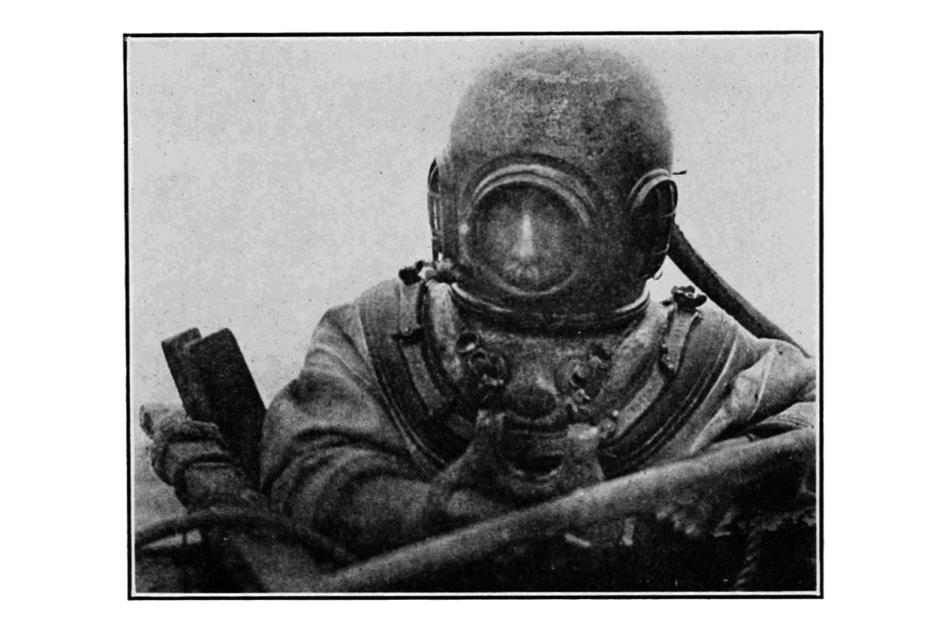
Sponsored Content
Maryland: latex medical gloves

Massachusetts: World Wide Web

Michigan: assembly line
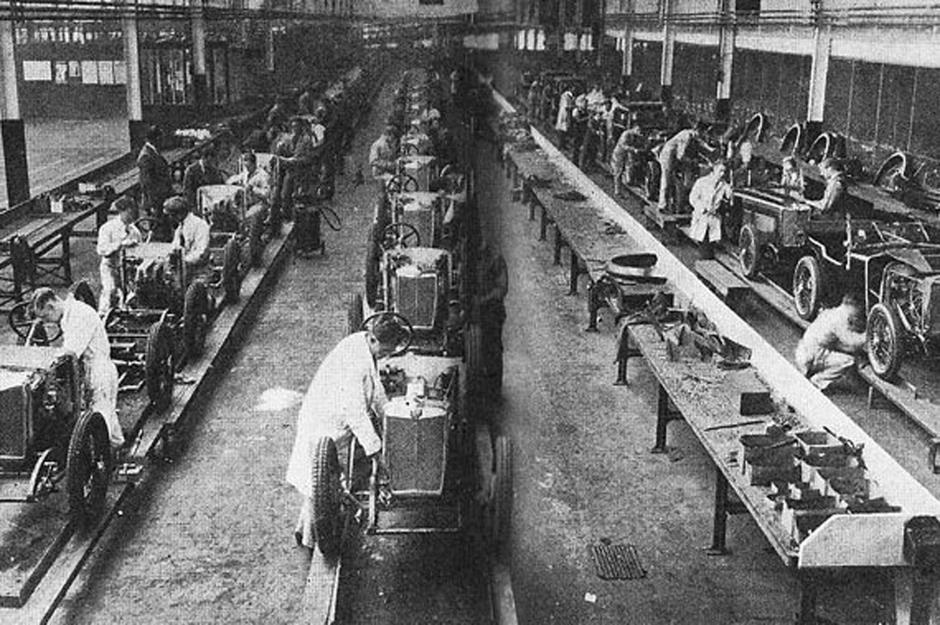
Sponsored Content
Minnesota: implantable pacemaker
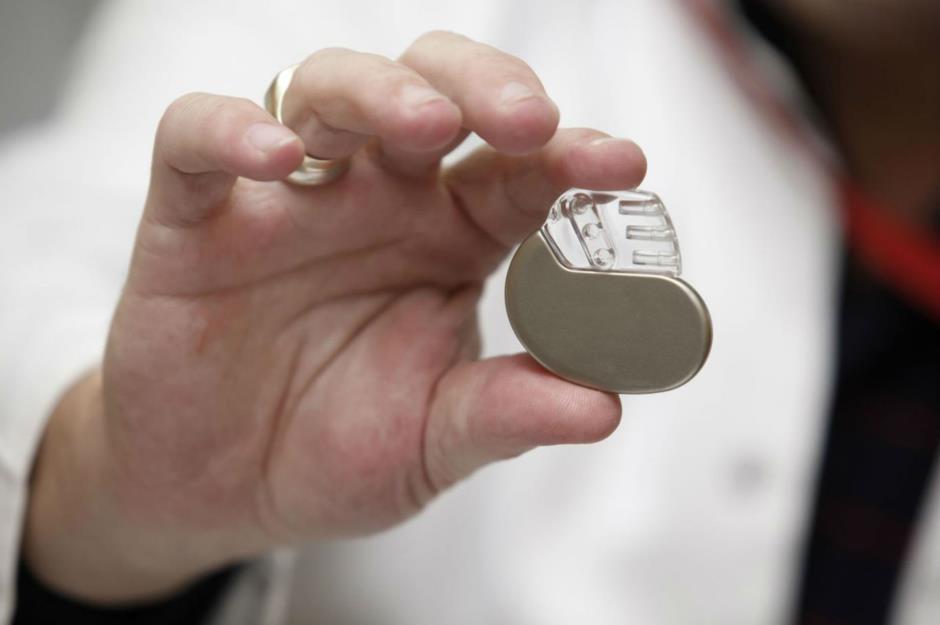
Mississippi: Nystatin
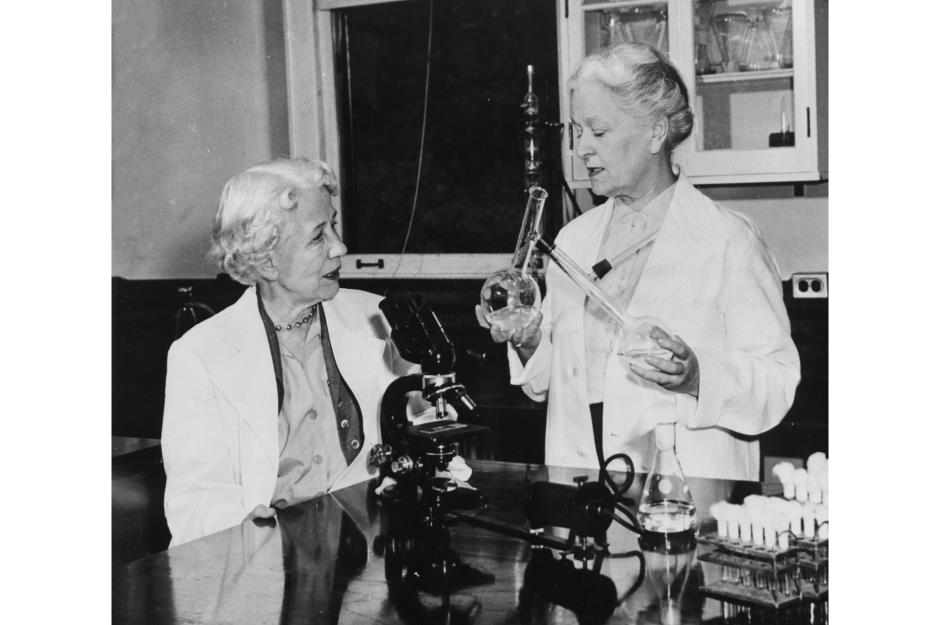
Missouri: vacuum cleaner
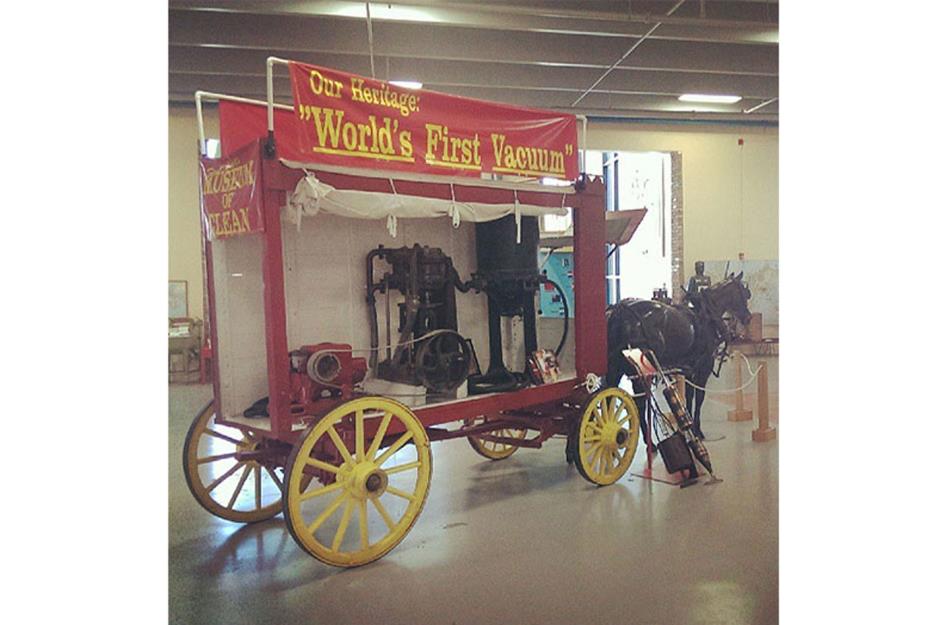
Sponsored Content
Montana: portable heart monitor
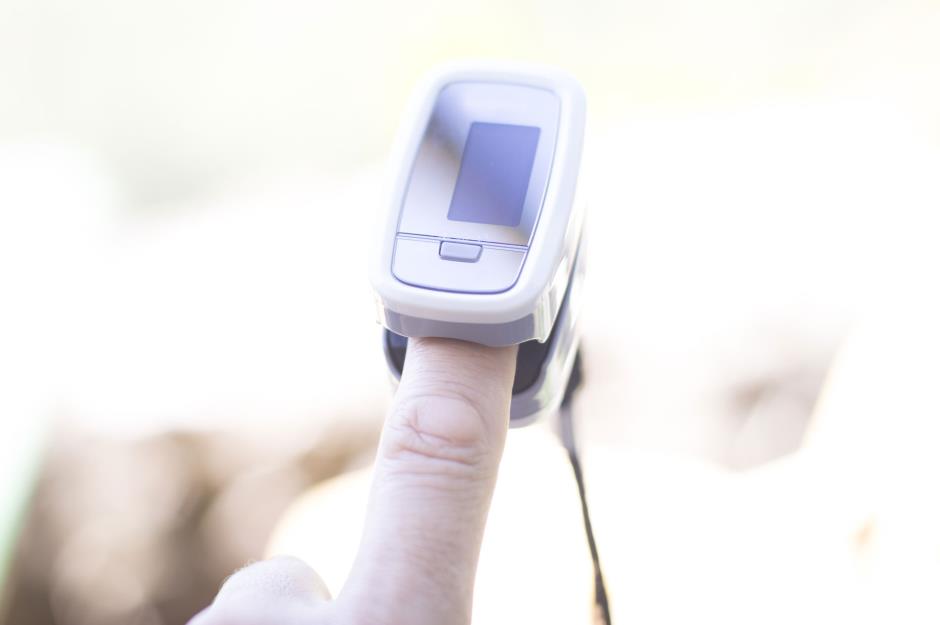
Nebraska: ski lift

Nevada: blue jeans

Sponsored Content
New Hampshire: Old Farmer's Almanac

New Jersey: air conditioning
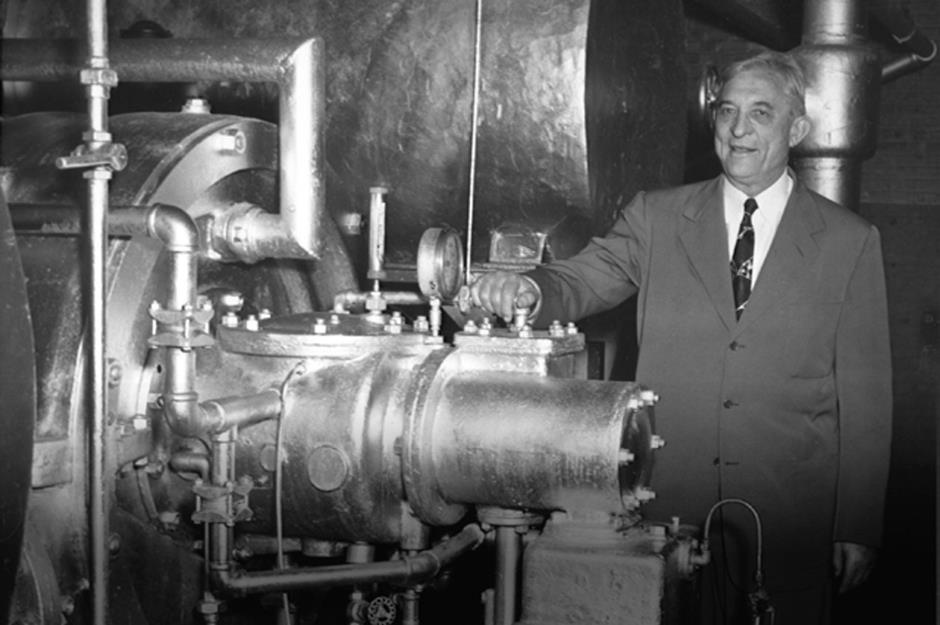
New Mexico: atom bomb
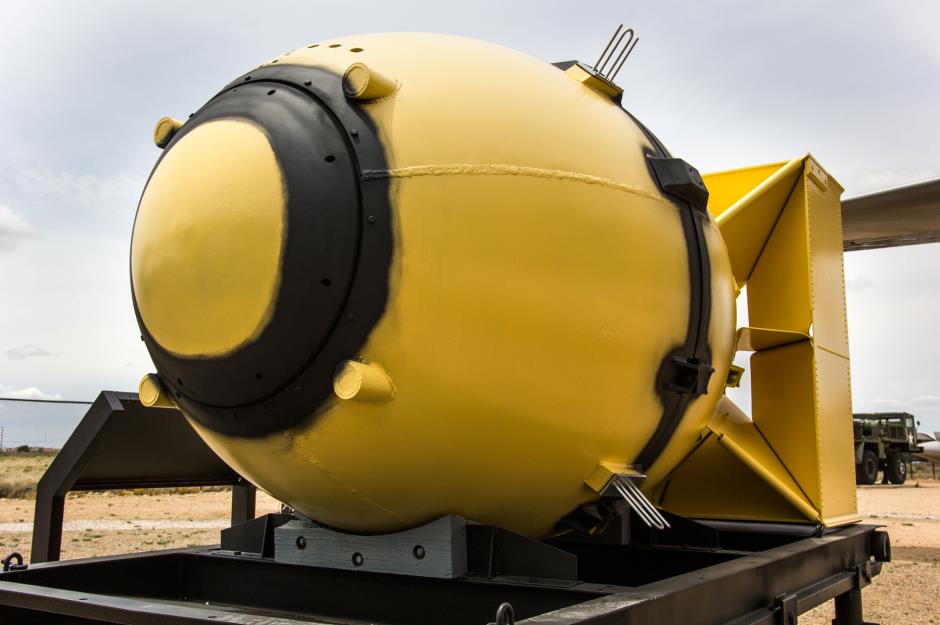
Sponsored Content
New York: credit card
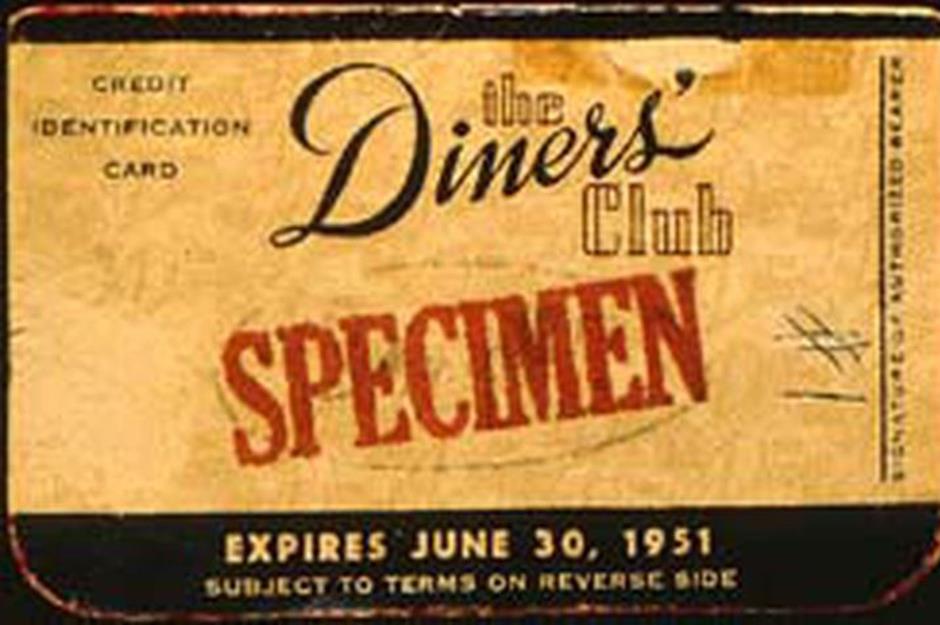
North Carolina: aeroplane
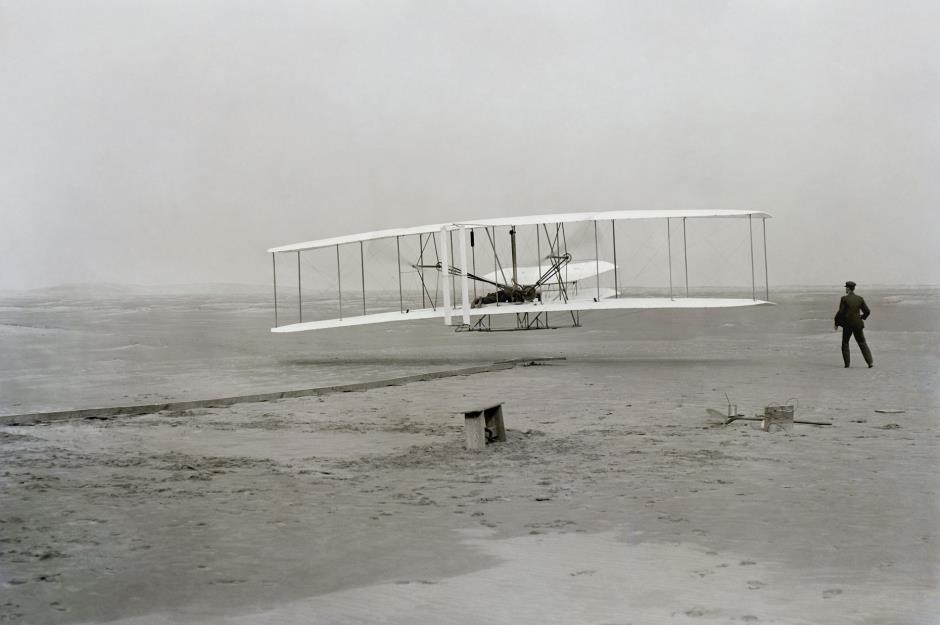
North Dakota: cream of wheat

Sponsored Content
Ohio: automobile
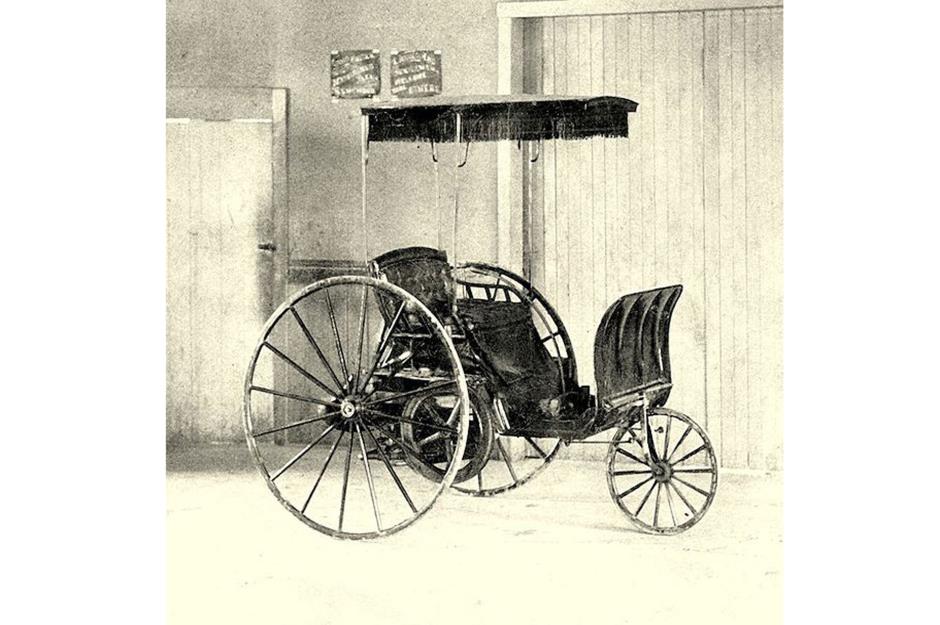
Oklahoma: parking meter
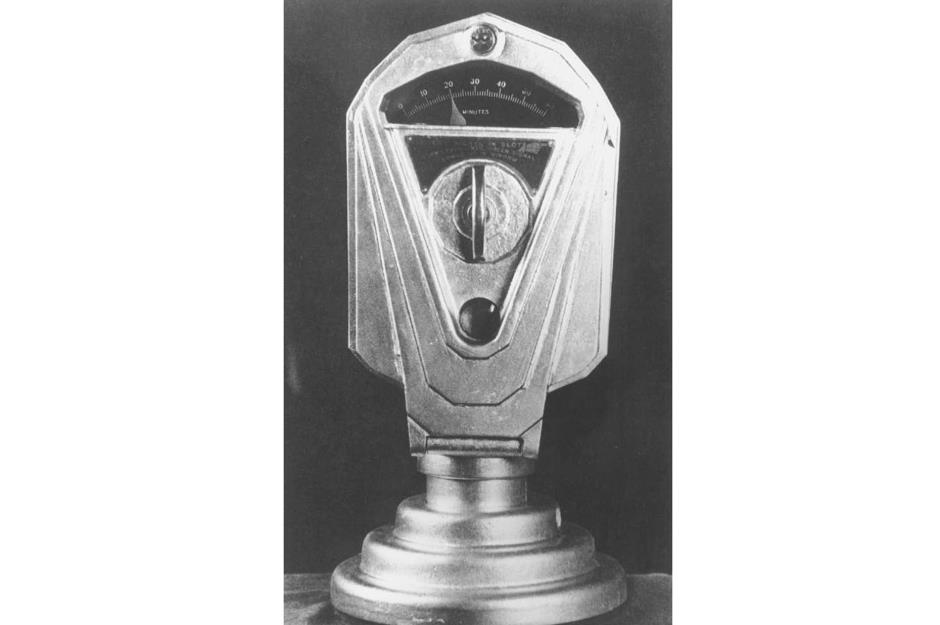
Oregon: computer mouse
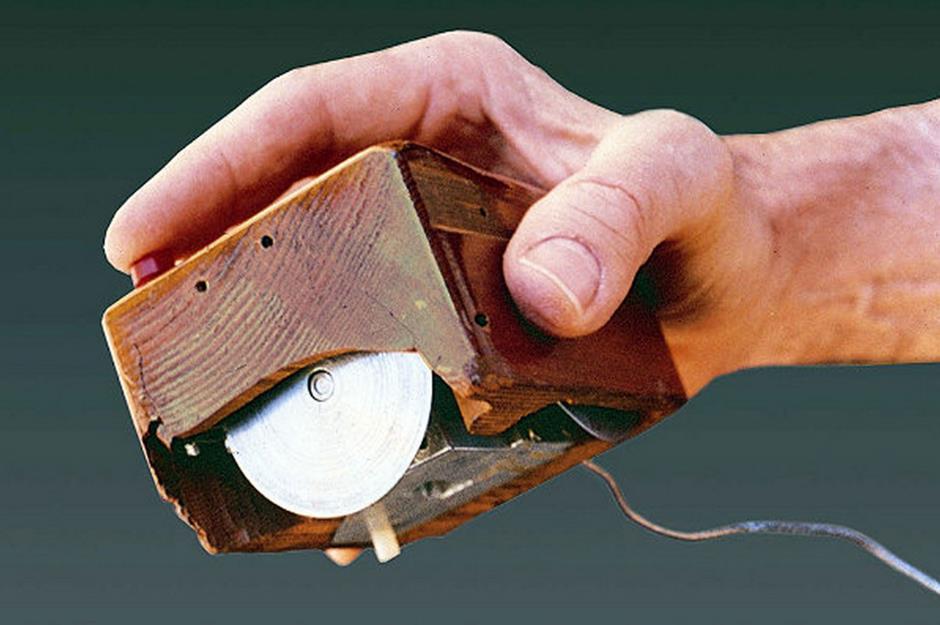
Sponsored Content
Pennsylvania: fire hydrant
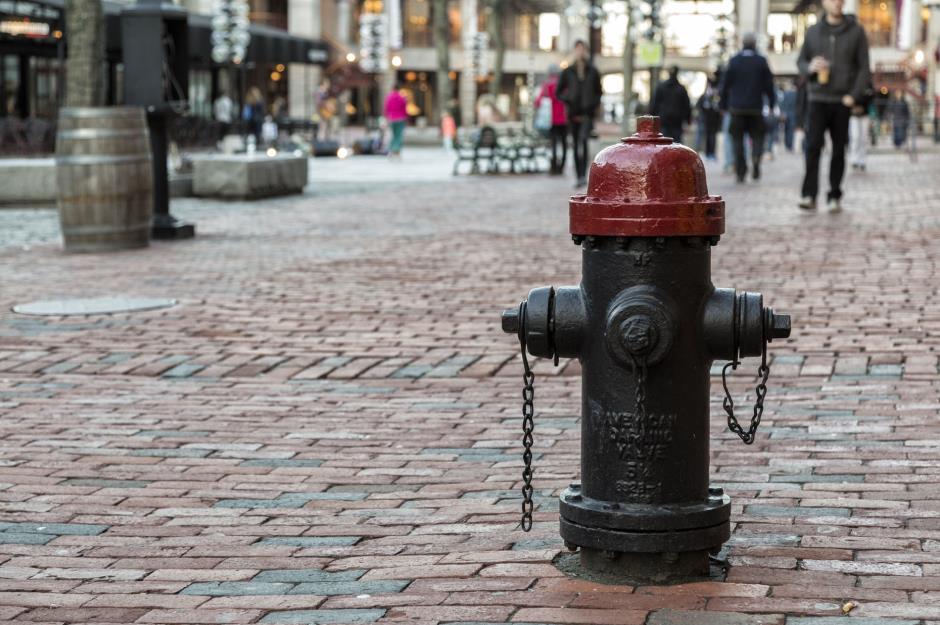
Rhode Island: diner
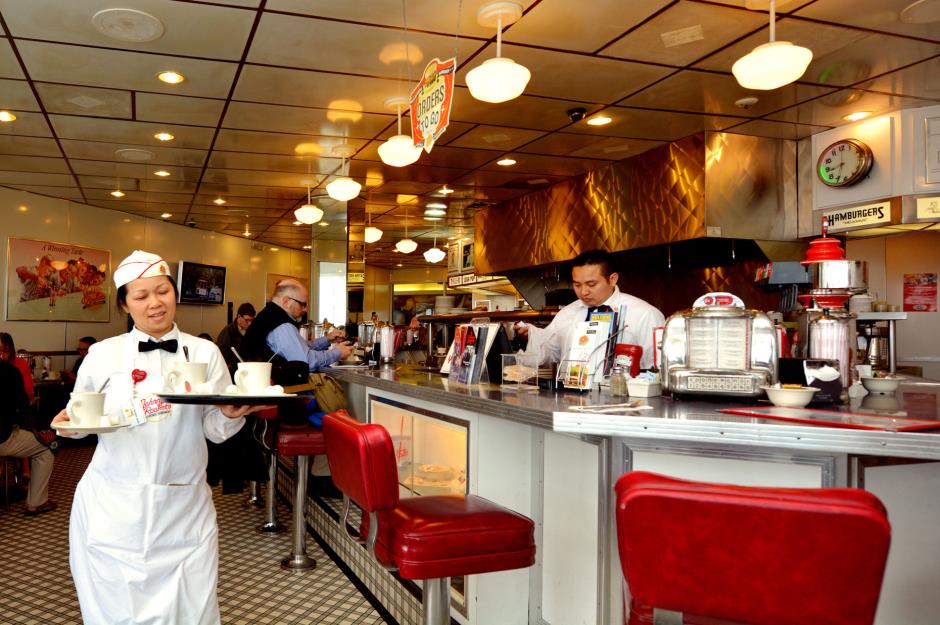
South Carolina: military submarine
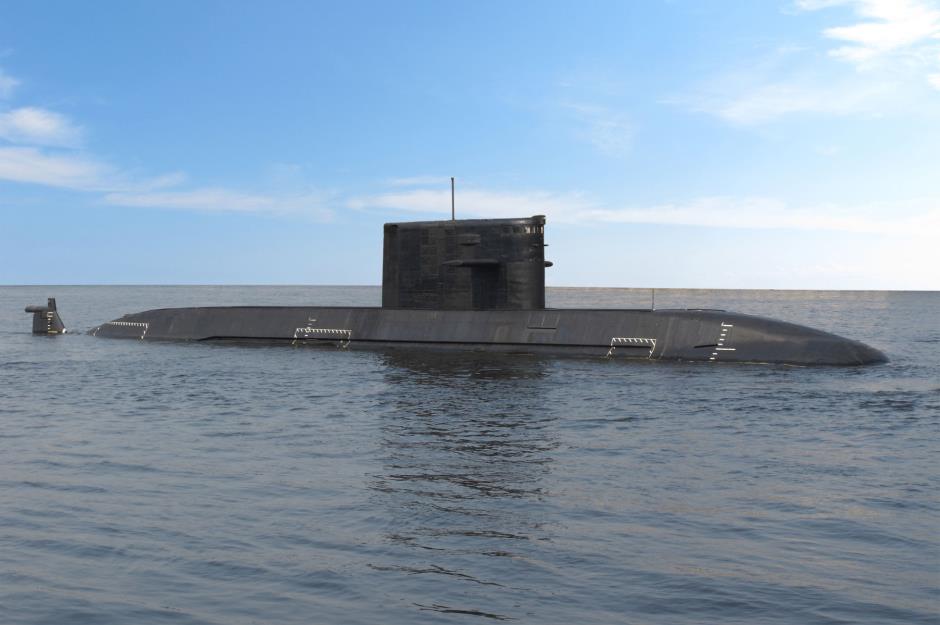
Sponsored Content
South Dakota: cyclotron
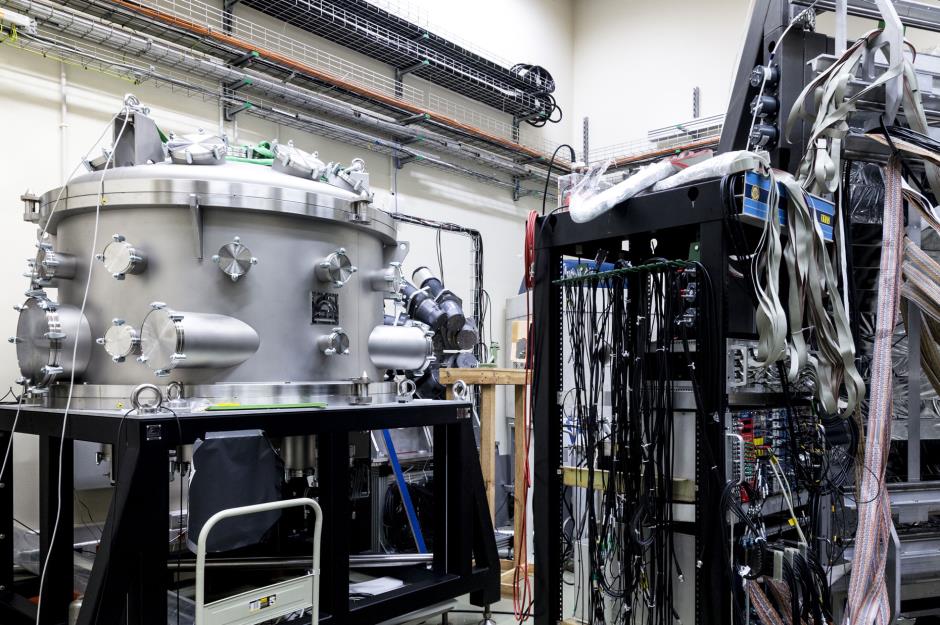
Tennessee: supermarket
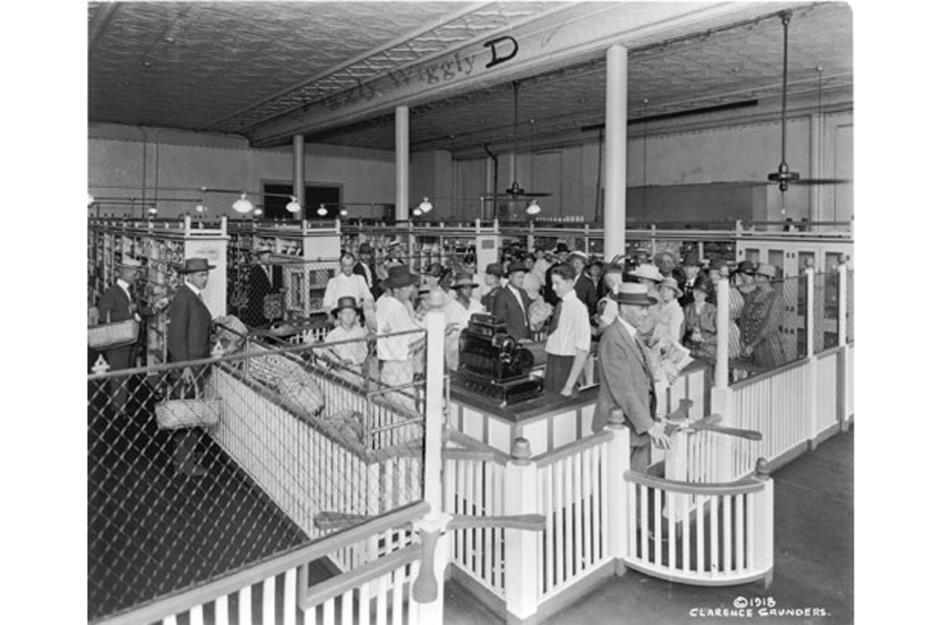
Texas: electric typewriter

Sponsored Content
Utah: electric traffic light

Vermont: paddle wheel steamer
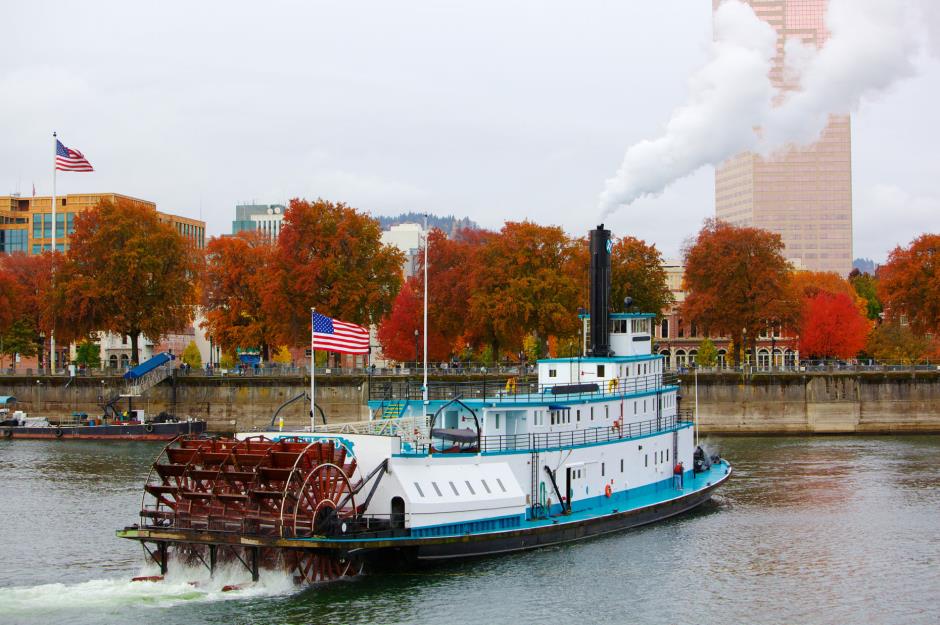
Virginia: TreBark camouflage

Sponsored Content
Washington: Microsoft Windows
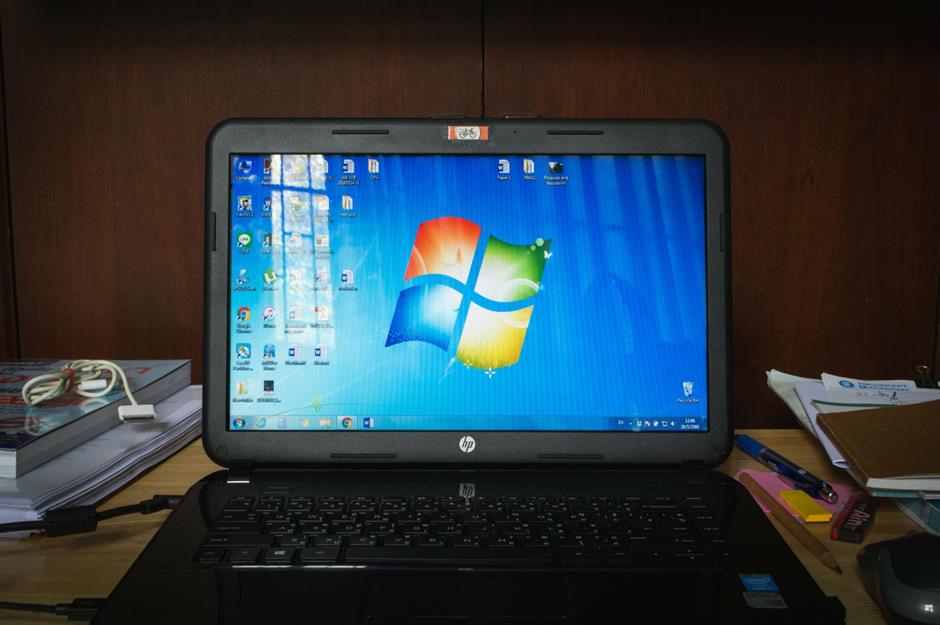
The computer operating system that changed the world, Microsoft Windows was developed in the mid-1970s by a team led by Bill Gates and Paul Allen in Microsoft's Redmond HQ, and is the first operating system with a click interface and pull-down menus and icons.
West Virginia: steamboat
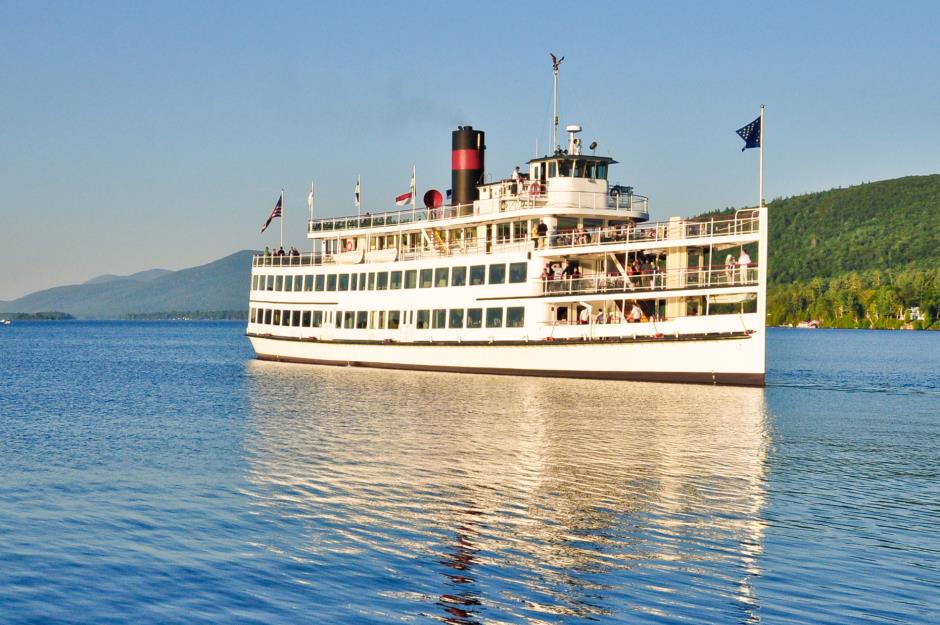
Wisconsin: space suit

Sponsored Content
Wyoming: shovel handle

Comments
Be the first to comment
Do you want to comment on this article? You need to be signed in for this feature